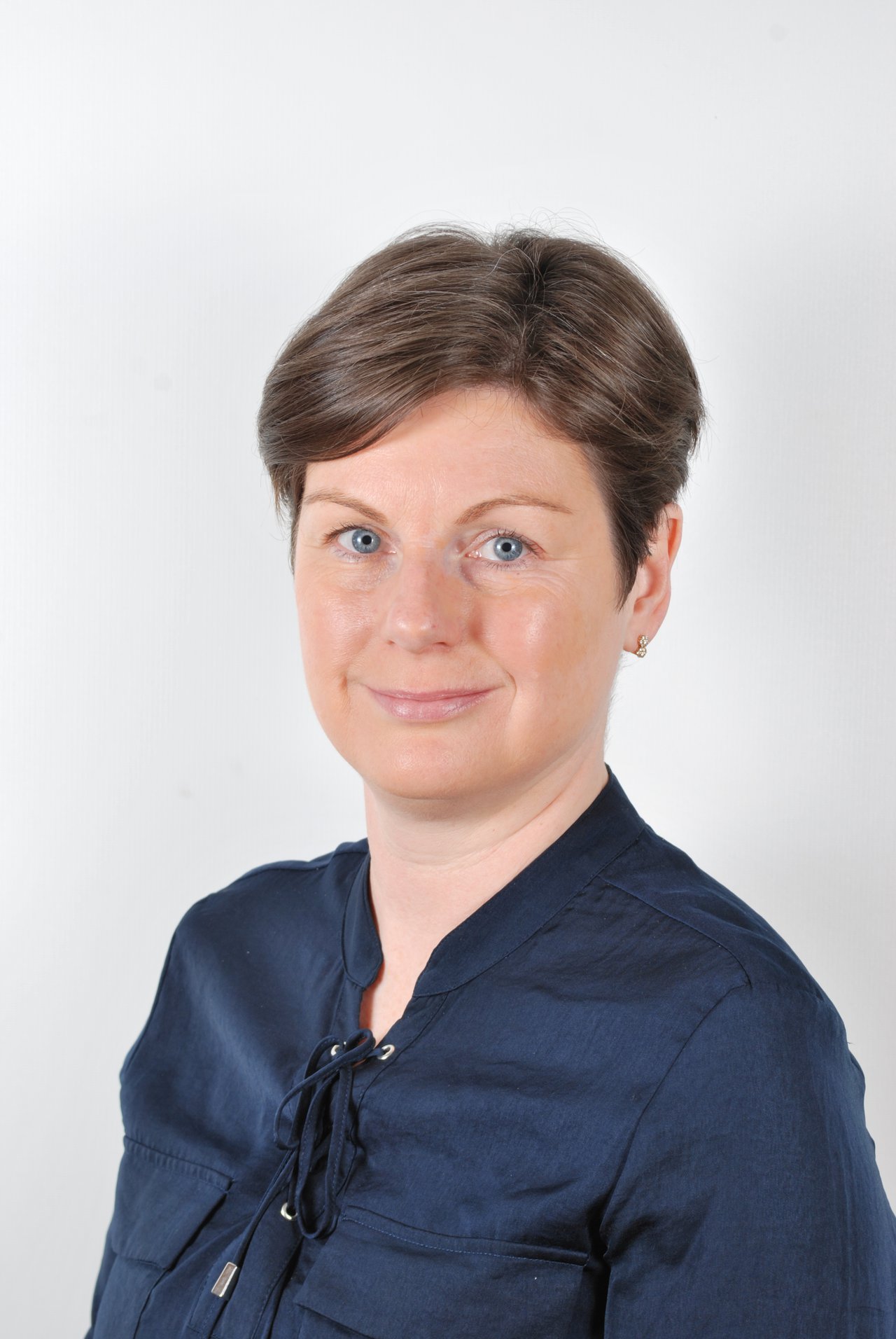Reproductive medicine has made significant progress in recent decades, which gives childless couples new hope and prospects. Do spouses have the right to defy biological infertility by artificial means? An interview with Rev. Enikő Lakatos, hospital chaplain at the Assisted Reproduction Centre of the Semmelweis University of Medicine and Health Sciences.

Infertility - in medical terms - is defined as the failure to conceive after one year of regular intercourse without contraception. After the age of thirty-five, this period is reduced to half a year. Infertility has a profound meaning and in some life situations can be associated with stigma and exclusion. Young couples who are otherwise healthy, active and seeking opportunities to be productive may experience the 'sickness' of their condition as a mental burden. “Clinical terminology is essential," said Rev. Lakatos, "because without a clear diagnosis, medical assistance cannot be claimed”.
The medical centre of the Semmelweis University, where Rev. Lakatos serves as a chaplain, coordinates and performs assisted reproductive interventions. She accompanies couples who have already started their ‘journey’. "Many people are confident, hopeful, and try to change their lifestyle. They don’t give up hope of conceiving and giving birth to their child naturally. In this life situation, years, decades can pass, marked by the emotional rollercoaster," said the specialist, who often encounters discouraged couples with ‘broken souls’. "Spiritual and mental support is also very important in this life situation. Years of hopelessness can often wreak havoc on the lives of individuals and couples, which is why couples need to pay special attention to their relationship during this period. Nothing is the same as it was before, as couples have to share their intimate sphere with medical doctors, something they would not normally do. This affects their self-esteem, their relationship as a couple and even their sex life."
In the interview with the Reformed Weekly of RCH, Enikő Lakatos said that the Protestant approach is primarily informed by the principle of the protection of life. Along this line, she appreciates the importance of medical interventions as an opportunity to use the knowledge we have received from God not for our own ends, but to help others. Medical care first seeks to restore the natural state, but for many couples there comes a point when they have to decide where to go from there. "Some of these couples would approach me and make a decision after many prayerful meeting sessions. There are couples who stop participating in the programme because it contradicts their convictions and perceptions to have a child through assisted reproduction. For them, for example, adoption is more acceptable, while others become pregnant thanks to the medical interventions," pointed out the chaplain the differing attitudes of patients.
“There are two important factors that characterise Hungarian society when it comes to expecting a child," continued Enikő Lakatos. According to the evidence of recent surveys and researches our worldview in Hungary, in general, is quite traditional, which is nurtured from our Christian values. Thus, marriage and childbearing are predominant issues in the life of young generations. But the same surveys also reveal the phenomenon of the ‘postponement of childbearing’. Originally, when a young woman or man make plans for their life and find their life partner, they plans more children than the number of children who are eventually born.
Rev. Lakatos also emphasizes that the zeitgeist that prevailed for a long time, and perhaps is still dominant today, of having a child only in the right circumstances - after obtaining as many degrees, language exams, etc. as possible - has become controversial. "The church should also play a greater role in education. It should make young people in congregations, and students in the schools understand, that there is a right time for everything in God's creation. When you are young, it is simply physically easier to work and raise children at the same time. The propagation of marriage is also an important ministry of the church. So we have a big role to play in teaching our children that professional career and material wealth can be reached also later."
Reproductive medicine has made significant advances in the last decade, giving childless couples new hope and prospects. The Assisted Reproductive Centre at the Semmelweis University favours a holistic approach. After the couples have been examined, the hospital chaplain visits the patients and offers them the possibility of spiritual support. Worship services are held, individual and marriage counselling is made available, and group sessions are offered. The latter is organized in form of online Bible studies, which allows the participation of couples outside of Budapest, as well.